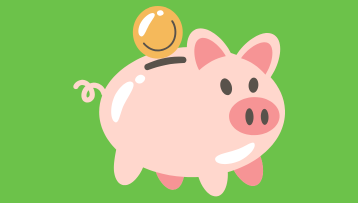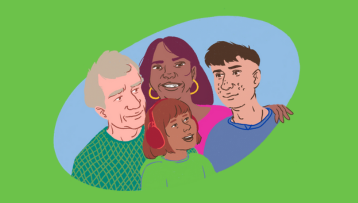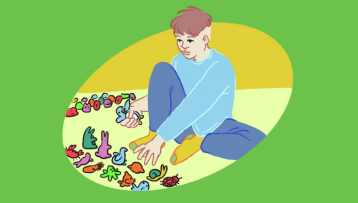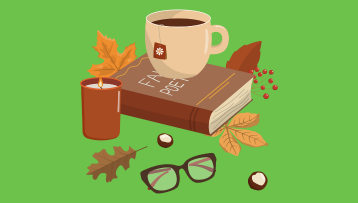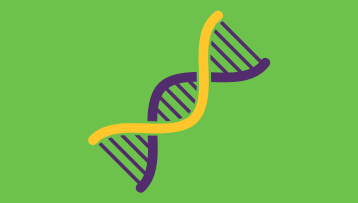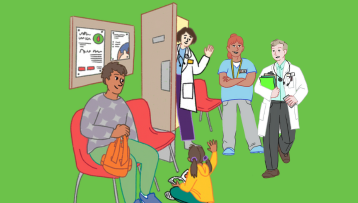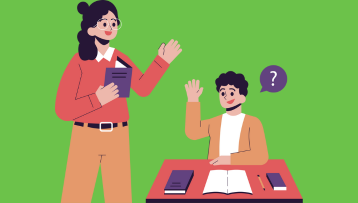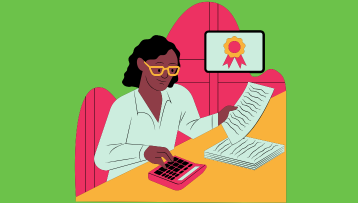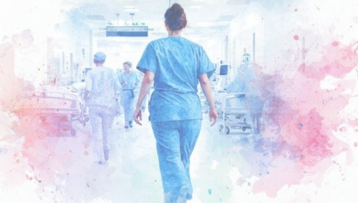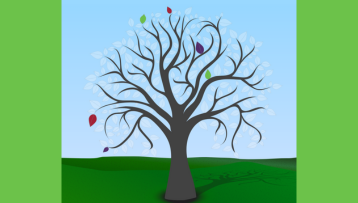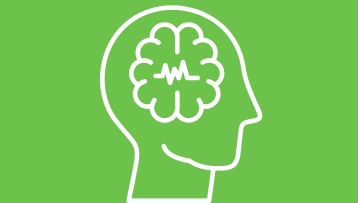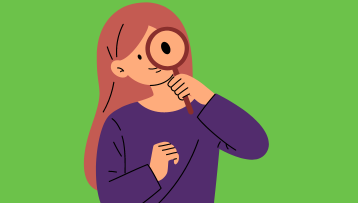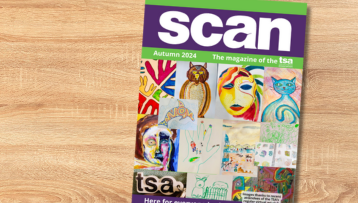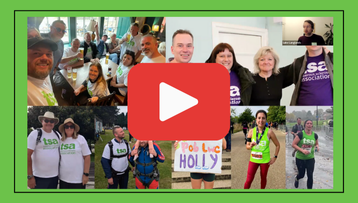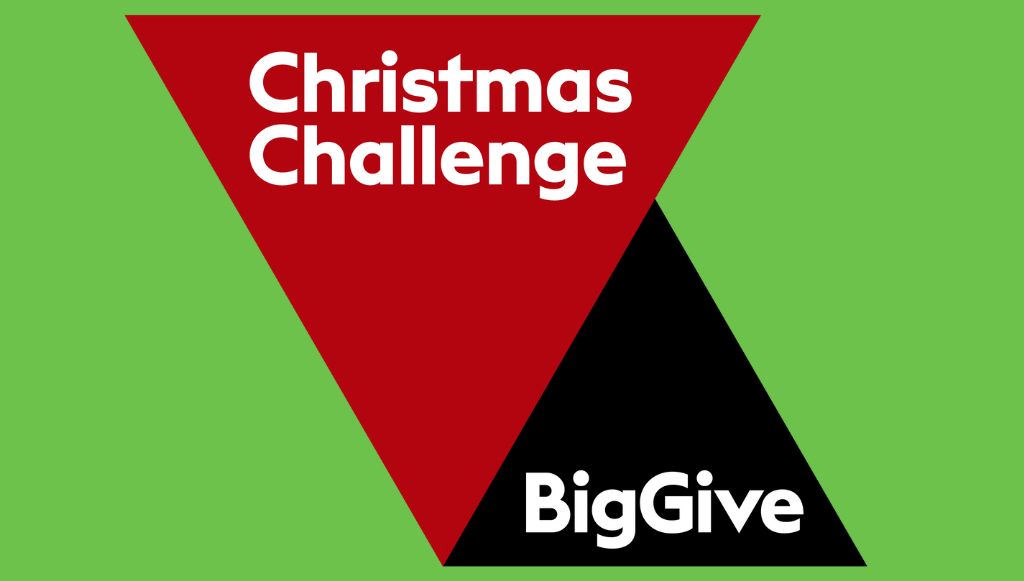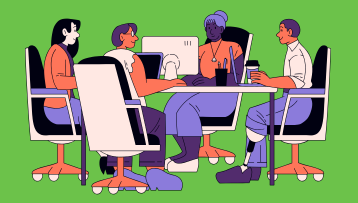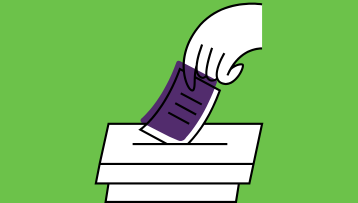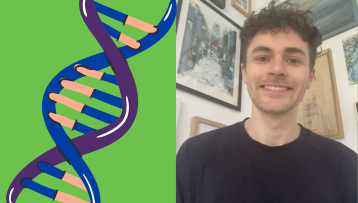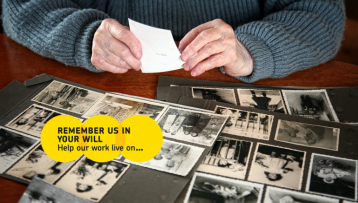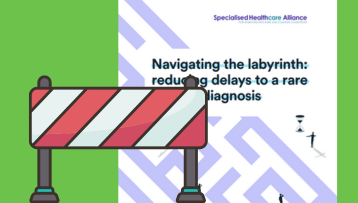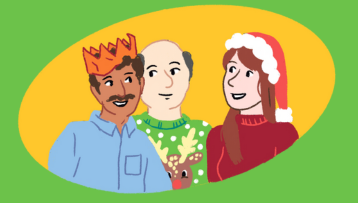As we have done throughout the covid-19 pandemic, the TSA is working hard to provide clear and easy to understand information regarding covid-19 booster and third jabs. Here, we provide an overview on both jabs, and what they might mean for the TSC community.
It’s important to remember that covid-19 booster jabs and third covid-19 jabs are different – they have different purposes and are intended for different groups of people.
Covid-19 booster jabs
It was initially recommended that the covid-19 booster vaccine be given at least six months after your second vaccine dose. In response to the risk posed by the new omicron variant, the booster vaccine will now be given no sooner than three months after the primary vaccine course.
It is recommended that everyone who is offered the booster vaccine takes it to ensure maximum protection against covid-19.
Everyone aged 16+ is eligible for a booster dose of the covid-19 vaccine at least three months after their first two primary doses.
In February 2022, the Joint Committee on Vaccination and Immunisation (JCVI) advised an additional booster dose in the spring for individuals most vulnerable to covid-19. This is because immunity from vaccination declines over time and many vulnerable adults received their most recent vaccine dose in autumn 2021.
To maintain high levels of immunity and reduce the risk of severe covid-19, an extra dose of the vaccine is advised around six months after the last vaccine dose for:
- Individuals who are 75 years and over
- Residents in a care home for older adults
- Individuals aged 12 years and over who are immunosuppressed, as defined in the covid-19 green book
If you, or your child aged 12+ are taking everolimus or sirolimus, you should speak to your doctor who prescribes everolimus/sirolimus. They should be able to advise you on whether you are eligible for an additional booster dose in the spring, based on your individual medical situation.
Covid-19 third jabs
The third dose is separate from the booster vaccine. This vaccination is called a ‘third dose’ as it is being recommended as part of your primary covid-19 vaccination course, along with the first two doses of the vaccine. The third dose is being offered only to people who are less likely to have had a strong immune response to the first two doses.
The JCVI will review whether people who have had a third dose as part of their primary vaccination need a further booster vaccine, at a later date.
If you are taking immunosuppressant medication such as everolimus or sirolimus, you may be eligible for a third dose of the covid-19 vaccine.
The Joint Committee on Vaccinations and Immunisation (JCVI) has recommended that people aged 12 years and over who were immunosuppressed at the time of their first or second vaccinations should receive a third dose of the covid-19 vaccine. This is because some people who are immunosuppressed, for example because of the medicines they are taking, may not have responded as well to their primary vaccination course as those who are not immunosuppressed. It is not possible to know who will or will not have responded.
If you are taking everolimus or sirolimus, you should speak to your doctor who prescribes everolimus/sirolimus. They should be able to advise you on whether you are eligible for the third dose based on your individual medical needs and background.
.
Don’t forget your flu jab
Some people with TSC are eligible to receive the annual flu jab on the NHS. It is always important for everyone who is eligible for the flu jab takes it. However, it is even more important this year. Flu was much less common last year due to national lockdowns, meaning that natural immunity will be much lower. As a result, flu may be more dangerous for those who catch it this year. Those who get severe flu will also be at greater risk from covid-19.
Getting your flu vaccine and all doses of the covid-19 vaccine is the best way to protect yourself and others against severe illness from flu and covid-19. It is recommended that you take the vaccines when they are offered to you, especially if you are at increased risk of severe illness.
I’ve still got questions about covid-19 and TSC
Our friendly TSA Support Line Advisers are here to provide support and information on all TSC-related questions, including on covid-19.
Make a one off or regular donation
£10 Can allow us to send a welcome pack to a family who has just received a life-changing TSC diagnosis, ensuring that they do not go through this time alone.
£25 Can help us develop materials that are included in our support services, flagship events or campaigns.
£50 Can provide laboratory equipment for a day’s research into the causes, symptoms, management or treatment of TSC.
To provide help for today and a cure for tomorrow





